
First of all, thank you for your concern and responses to the news about my misbehaving left kidney and her two uninvited guests. I have some updates!
The cancer risk for the cyst on my kidney is less than 5%, my son and I were relieved to learn when we finally met with the specialist. It’s riskier to remove it, the doctor told us. So, this uninvited guest will be staying put—but regularly monitored.
But the other uninvited guest, the kidney stone, is no longer welcome. He is too large to be blasted with lithotripsy so he must be surgically removed.
Am I afraid?
Not much—even though the last time I had a kidney stone removed, I developed sepsis and spent seventeen days in the hospital.
That was a harrowing experience, but I learned a lot. In a way, I’m grateful for it since I now understand the risks and the extra precautions we can take. Although this procedure (PCNL— percutaneous nephrolithotomy) involves surgery and an overnight hospital stay, I am confident in my medical team and our plan.
One of my favorite quotes, sent to me weeks after my paralysis twenty-six years ago, helps anchor any swirling angst:
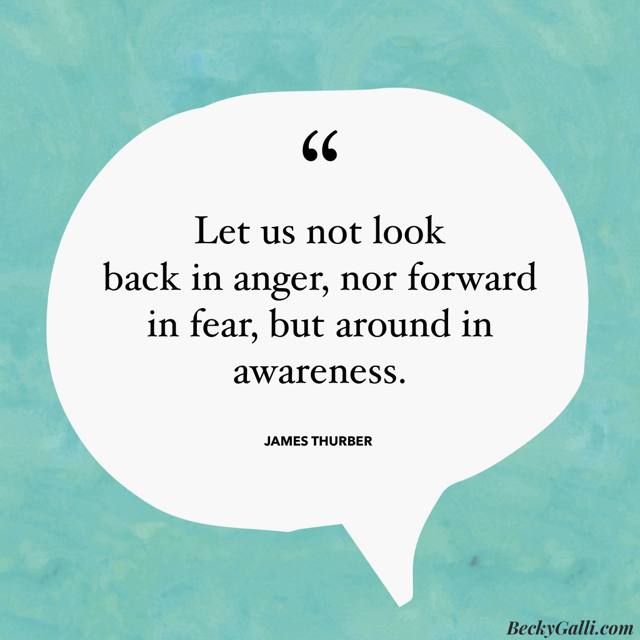
Let us not look back in anger, nor forward in fear, but around in awareness. –James Thurber
Awareness keeps us grounded in the present. And gratitude, I’ve discovered, fuels awareness. It reorients our mindset to what we have, not what we’ve lost or the threat of the unknown ahead.
When I make my daily list of things that I am grateful for, life becomes full, nudging out both regret and fear. And when I look back at the last few months, I have a lot to be grateful for:
For my son Peter, who came in town for three days to help prepare and go with me to the kidney specialist appointment:
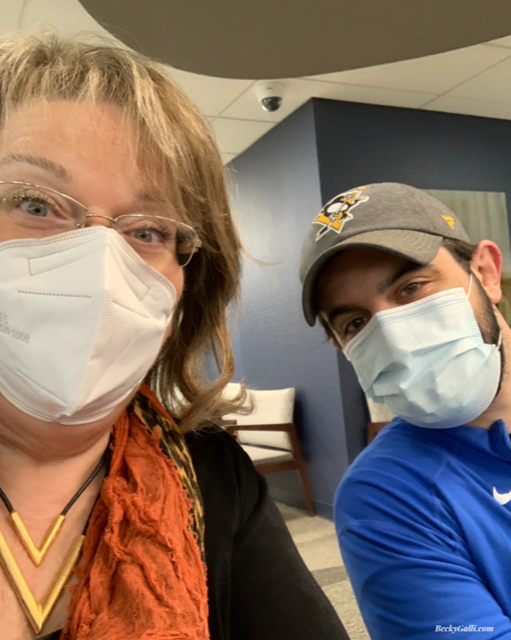
For my daughter, Brittany, and my granddaughter, Blakely Faye, who flew in for a weekend to celebrate my birthday:
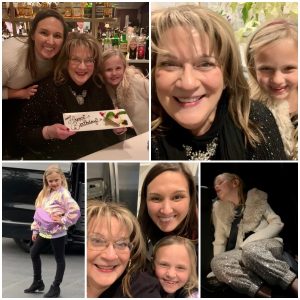
For my daughter, Madison, and her caregivers at her day program who arranged a birthday party for her:
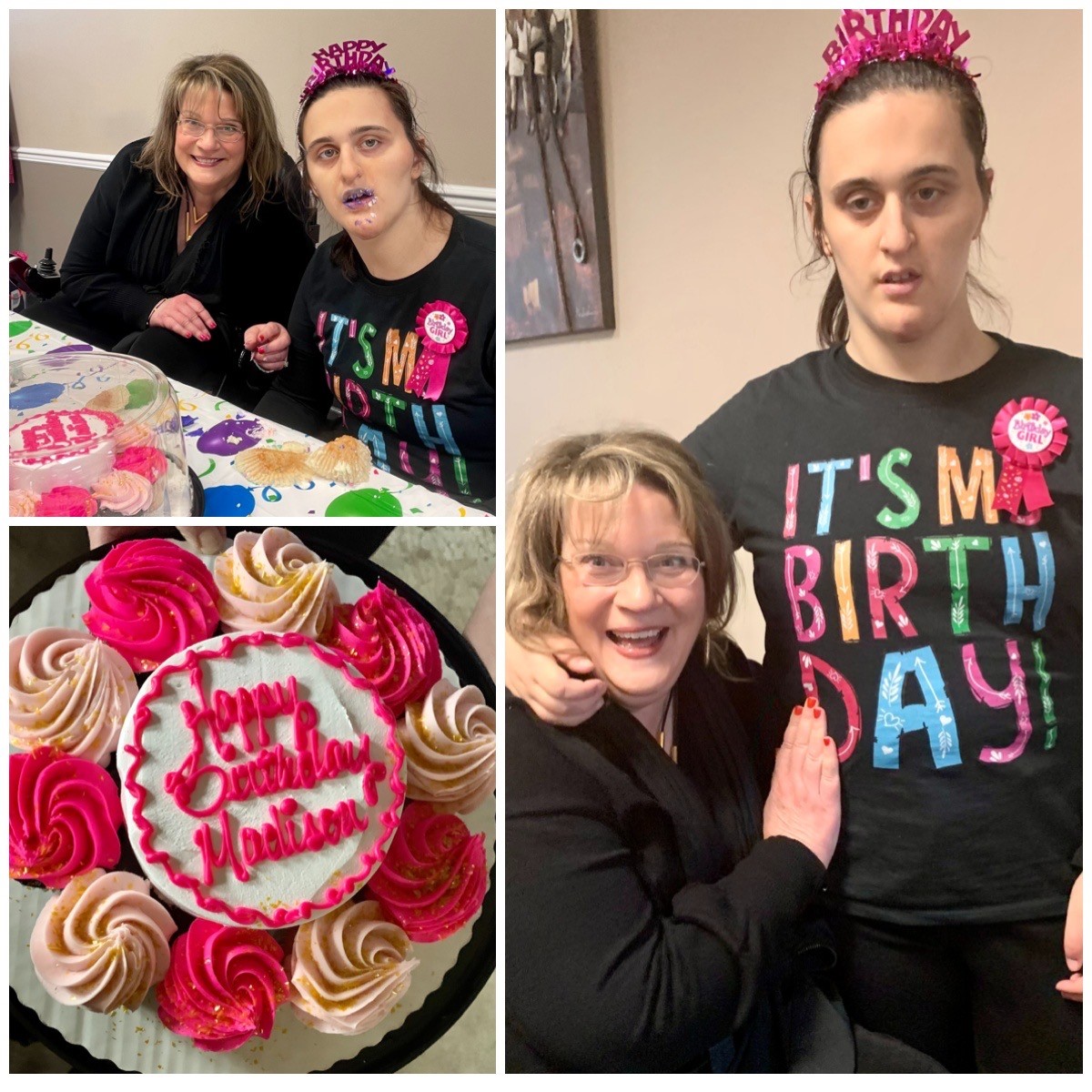
And for my sweet sissy, Rachel, who will be coming in to stay with me for my upcoming surgery:
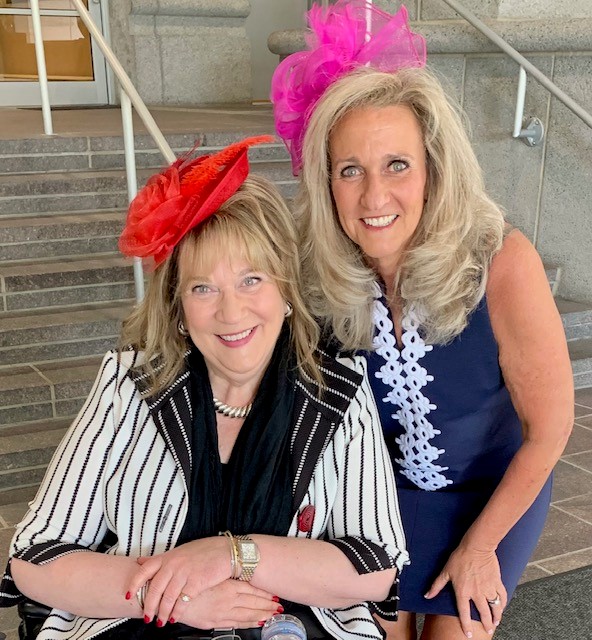
So, when I look around in awareness of all I have to be grateful for, I am not afraid.
I am fortified.
And on we go…
I’m aware and appreciative of your support and encouragement, too.
My best – always,
Becky (Nana B)
P.S. April is Autism Awareness Month. My cherished Pathfinders for Autism is including Madison in their “Voices of Autism” campaign that begins April 1. She will be featured on April 2 on their (and mine!) social media. Stay tuned!
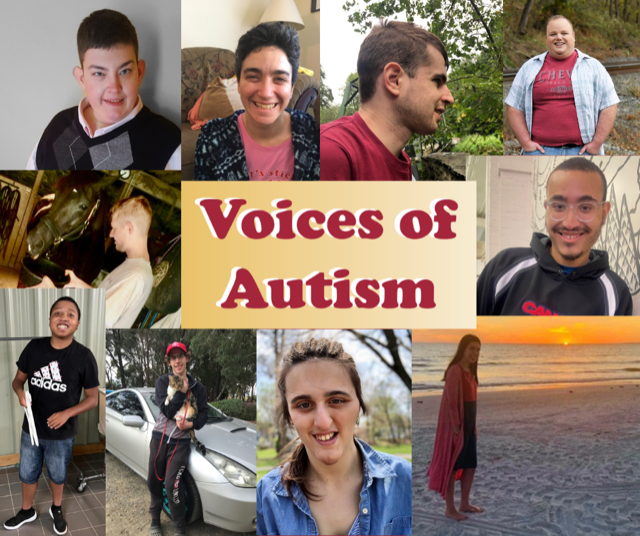
P.P.S. I still can’t write about it yet, but wanted you to know I lost my precious puggle, Tripp, in December. He was part of our family for almost sixteen years. I miss him every day.
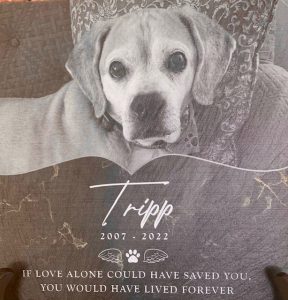
P.P.P.S. Would appreciate being in your thoughts and prayers in the coming weeks. And yes, you are not a day ahead. This Thoughtful Thursday comes to you on a Friday!
Follow Me!